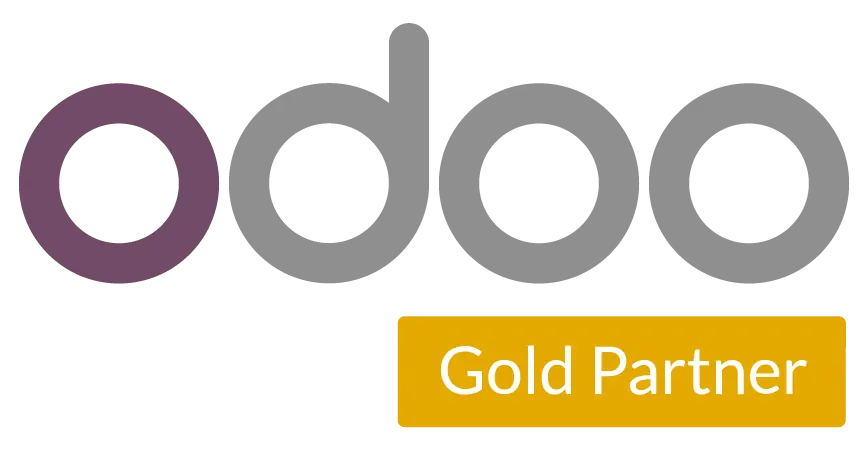Automation has long ceased to be just an optimization tool - today it is becoming a strategic basis for the development of companies. According to the latest reports by Gartner and other leading analysts, 2025 will be a turning point in approaches to process management: hyper-automation, generative AI, low-code, and industrial cloud platforms will play key roles. In this article, we have collected the most relevant technological trends that directly affect the development of business automation.
1. Hyperautomation: scaling without limits
Hyper-automation combines robotic process automation (RPA), artificial intelligence, machine learning, and other tools to comprehensively automate everything that can be automated. According to Gartner, 90% of large companies consider hyper-automation as a strategic priority.
The renewed interest in this approach is driven by the development of generative AI, which has opened up new horizons for automating not only routine but also creative and analytical tasks.
The key advantage: full process orchestration, minimization of manual work, scaling of operations.

2. Generative AI: content and analytics automation
Generative AI is already transforming corporate processes - from creating reports and documentation to generating code and demand forecasts. According to Gartner, investments in generative AI will grow to $644 billion in 2025.
By integrating with ERP, CRM, and other systems, generative AI helps not only automate but also improve the quality of decisions, reducing the workload on staff.
The key advantage: increase productivity, automate creative and analytical tasks.
3. Adaptive AI: real-time flexibility
Adaptive AI is a system that constantly learns and adapts to changes in the environment. They don't just execute scenarios, but adjust them independently depending on new circumstances.
This is especially important for processes that depend on market changes, customer behavior, or external factors (logistics, finance, security).
The key advantage: the ability to self-learn and adapt without human intervention.
4. Industrial cloud platforms: industry-specific automation
Industry Cloud Platforms (ICPs) are specialized cloud solutions that take into account the needs of specific industries: manufacturing, retail, logistics, pharmaceuticals, etc.
By 2027, more than 70% companies, according to Gartner, will use IPS to automate processes based on industry standards.
The key advantage: fast implementation of automation, taking into account the specifics of the business.

5. Intelligent decision automation
Automated decision-making tools are used in finance, healthcare, and logistics, where fast data processing and accurate forecasting are required.
Based on AI, such systems not only analyze data but also generate recommendations or make decisions automatically, for example, in credit scoring or procurement planning.
The key advantage: speeding up decisions and reducing human influence on routine tasks.
6. Low-code / No-code platforms: automation by business users
Platforms with minimal coding allow you to create internal applications without involving the IT department. In 2025, about 70% new enterprise applications will be created using such platforms.
This opens up opportunities for rapid automation of local processes (sales, marketing, finance) without large-scale IT projects.
The key advantage: user autonomy and speed of solution creation.
7. Integration platforms: connecting all systems
Modern automation is impossible without fast integration. Platforms such as iPaaS (Integration Platform as a Service) make it easy to combine ERP, CRM, e-commerce, BI, and other systems.
The most popular platforms combine process automation (RPA, DPA), integration, and low-code to create a single ecosystem for business management.
The key advantage: an integrated management system without data gaps.
What does this mean for business?
The year 2025 is shaping a new automation paradigm: flexible, adaptive, and scalable. Companies that are already implementing modern technologies today are gaining an advantage in time, costs, and quality of management.
The ToDo integrator implements automation solutions based on Odoowhich already supports most of the above areas: integrations, low-code development, industry-specific modules, and AI tools. We help businesses implement changes quickly, efficiently, and without unnecessary risks.
Preparing for process transformation?
Contact ToDo commands - We will show you where to start and implement automation for your business.




